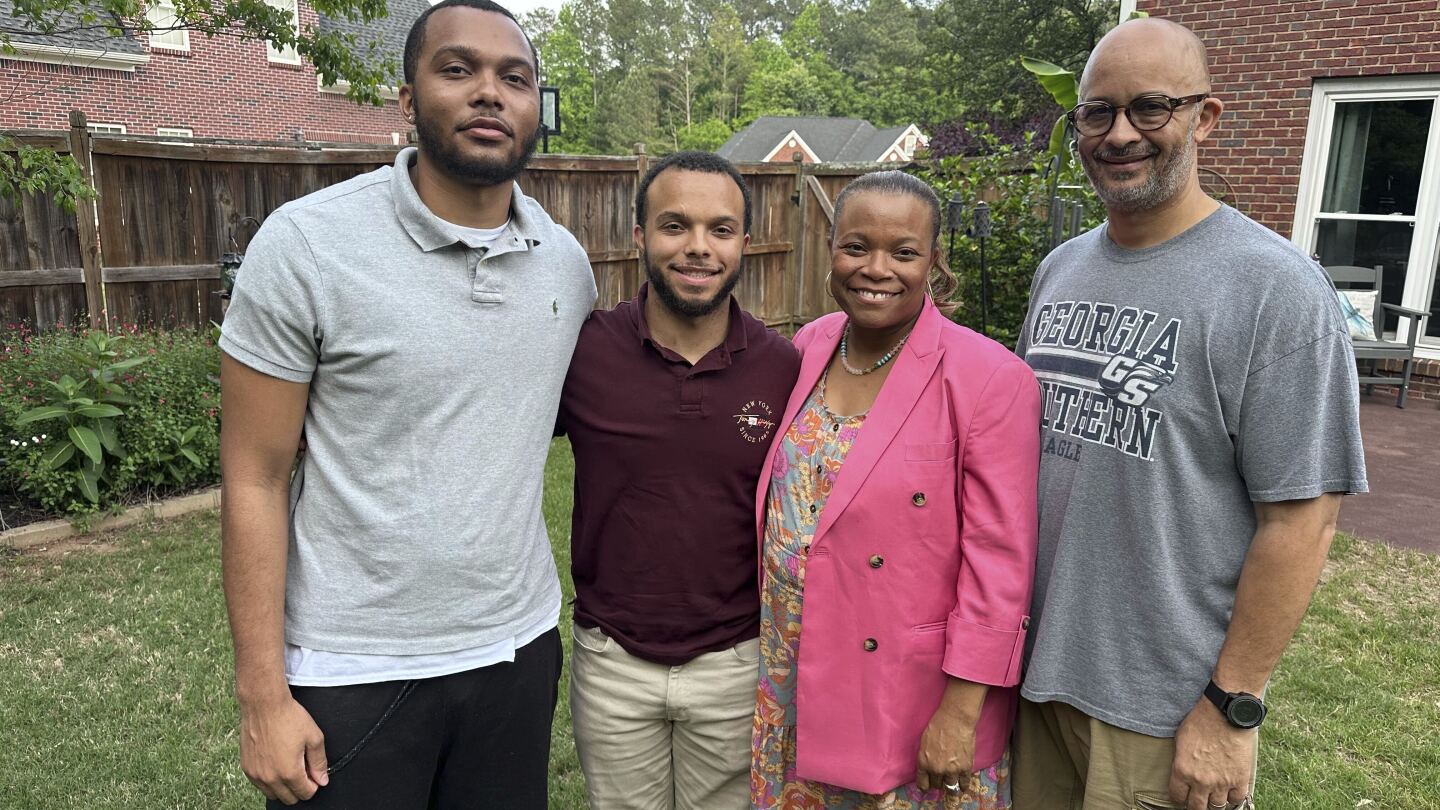Now Reading: Is the Southern accent fixin’ to disappear?
-
01
Is the Southern accent fixin’ to disappear?
Is the Southern accent fixin’ to disappear?

Growing up in Atlanta during the 1940s and 1950s, Susan Levine entertained her New York City relatives by showcasing her Southern accent, charging them 25 cents per listen. Despite being from Atlanta, her sons, born over 25 years later, do not speak with the iconic Southern accent known for its drawn-out vowels and soft “r” sounds.
The Southern accent, which comes in various forms, is on the decline in certain parts of the South due to an influx of people moving from other regions of the U.S. and worldwide. Recent research papers highlight the fading of this regional accent among Black residents in Atlanta, white working-class individuals in New Orleans, and natives of Raleigh, North Carolina.
The Southern accent peaked with baby boomers in the urban South but saw a decrease with subsequent generations, largely due to the significant migration in the latter half of the 20th century. A new dialect, initially observed in California in the late 1980s, has gained popularity and spread across the U.S., contributing to the decline of regional accents in places like Boston, New York, and Michigan.
In Raleigh, the establishment of Research Triangle Park in 1959 sparked a decline in the Southern accent, attracting highly educated workers from outside the South. Younger generations born after 1979 in Raleigh typically do not exhibit a Southern accent, possibly due to a desire to distance themselves from stereotypes associated with it.
The decline of the Southern accent is also evident among African Americans in Atlanta due to a “Reverse Great Migration” of African Americans moving back south in recent decades. Furthermore, the unique white working-class “yat” accent of New Orleans has diminished following Hurricane Katrina in 2005, as many locals left and new residents arrived, impacting linguistic development among millennials.
While the Southern accent is fading in urban areas, it is unlikely to disappear entirely, as accents play a significant role in expressing identity. Nevertheless, younger speakers are redefining what it means to have a Southern identity, with linguistic boundaries becoming less important than other factors.



